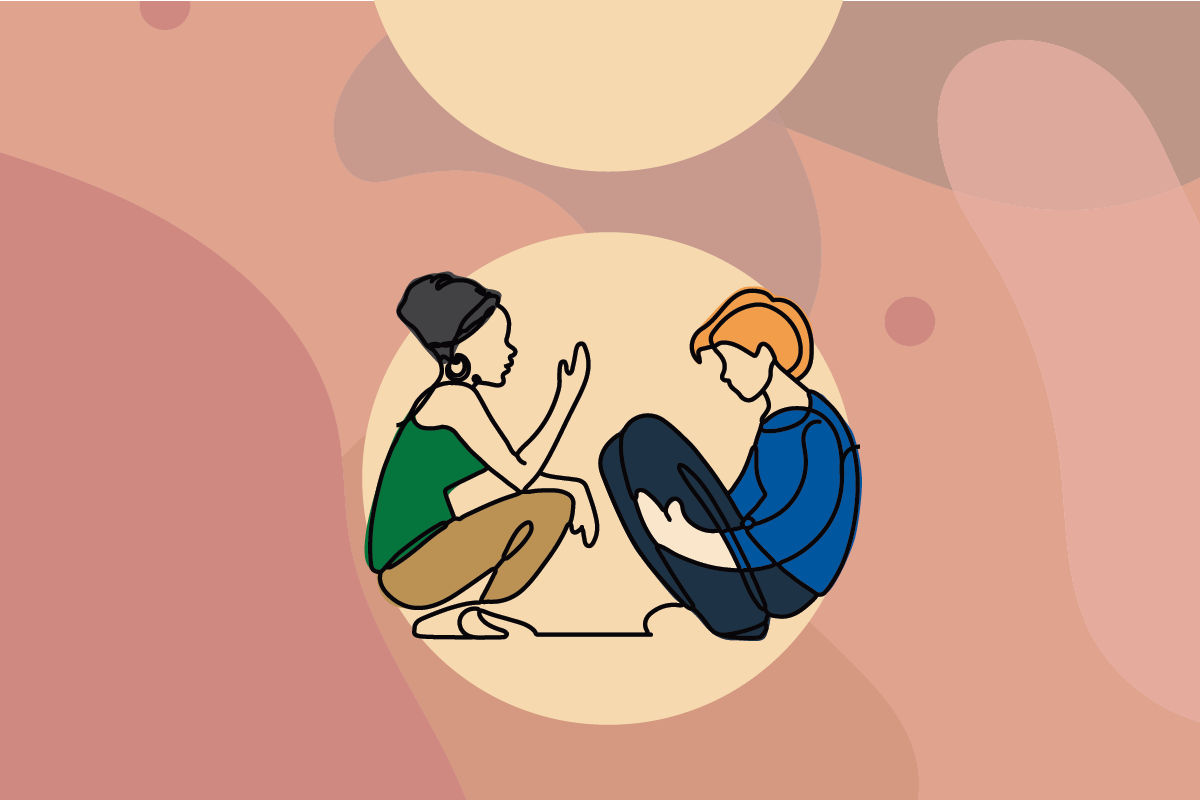Exploring the meaning that lies beneath young people’s behaviour and supporting change – Practice tool
Download PDFDec 2020
This resource has been developed to support professionals to unpack and plan how to respond to identified behaviours that are concerning, challenging and disruptive for young people in their search for safety, comfort and acceptance. It sets out a series of steps that can be taken by individuals or groups to identify possible meaning of behaviour and then develop trauma informed responses that aim to meet the unmet needs of young people from their past with the support of the relationships they experience in the present.
Purpose
For young people who have experienced trauma, behaviour is often their only tool for communication. These young people’s behaviour tells us a story about what has happened to them and how it continues to impact them today. Trauma-based behaviour often serves important adaptive functions. The behaviour is made sense of in the context in which it first emerged at the time of the trauma. It allowed the young person to survive the threat and danger they were faced with. However, over time, it can become counter-productive. The behaviour might not serve any purpose any longer. It may stop young people from connecting with others. It may keep them feeling that danger is present even when it is not.
Understanding the meaning of young people’s behaviour can provide insight into their hurt and what they have had to do to survive in the past in the face of pain, fear, confusion and rejection. It can help shape our understanding of what they need. Everyone who interacts with young people carries with them a piece of the puzzle that needs to be put together to understand how to reach young people, especially when they are engaging in behaviour that stems from their trauma but they are not aware of it.
The team of important relationships around young people, hold the clues to being able to see beneath the behaviour, to the needs of the young people that has stayed with them and continues to reverberate from their past. This network includes the Therapeutic Care Team, Therapeutic Specialist, other support workers, schools or vocational education professionals, family members and young people’s friends and social group.
The more that the reasons for the behaviour are understood, the more effective the support that is offered to young people. Taking the time to understand, listen and learn is the key to developing intervention plans and responses that will ultimately be effective.
It is important to remember that interventions for young people do not set out to only stop or change behaviours. It aims to build deeper connections and trust with young people. This approach allows young people to experience and understand the depth of your care for them, while providing them with the opportunities they need to learn from feedback and the experience of the relationship you offer them. Our focus is to scaffold a network of relationships around young people from which they can experience trust and care, draw support and rely upon.
This resource has been developed to support professionals to unpack and plan how to respond to identified behaviours that are concerning, challenging and disruptive for young people in their search for safety, comfort and acceptance. It sets out a series of steps that can be taken by individuals or groups to identify possible meaning of behaviour and then develop trauma informed responses that aim to meet the unmet needs of young people from their past with the support of the relationships they experience in the present.

































